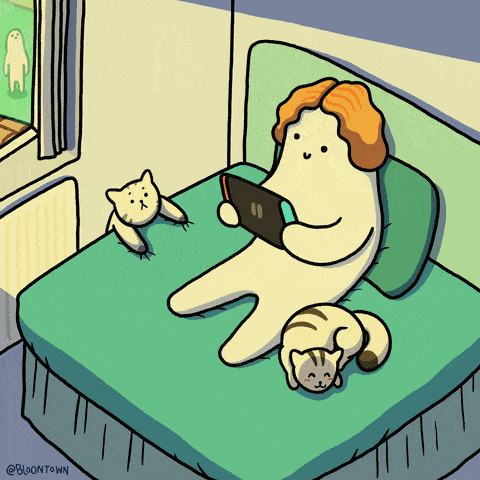


Hello. As you surely know, there are introverts and extroverts among people. Which type are you? If you want to find out or are unsure, take this quiz. It has been prepared especially for you so that you can find it out.
In Latin, introversus is inward-facing, and extraversus – is outward-facing. Introversion and extraversion are contrasting personality traits related to interpersonal contacts. It is defined differently by different authors. These concepts were introduced by Carl Gustav Jung in 1921. It was modified by Eysenck in the PEN theory of temperament and Costa and McCrae in the Big Five model.
The number of introverts in society is estimated at 25% – 46%. According to other data, the number of introverts and extroverts in the population determines, similarly to other psychological properties, the normal distribution, i.e. the highest number of people with an average intensity of traits, and the lowest number of extremely introverts, and the same number of extremely extroverts.
Extraversion and introversion are typically viewed as a single continuum, so to be high in one necessitates being low in the other. Jung provides a different perspective and suggests that everyone has both an extraverted side and an introverted side, with one being more dominant than the other. Virtually all comprehensive models of personality include these concepts in various forms. Examples include the Big Five model, Jung’s analytical psychology, Hans Eysenck’s three-factor model, Raymond Cattell’s 16 personality factors, the Minnesota Multiphasic Personality Inventory, and the Myers–Briggs Type Indicator.
William McDougall discussed Jung’s conception and reached a conclusion. Introverts are those in whom reflective thought inhibits and postpones action and expression. The extroverts are those in whom the energies liberated upon the stirring of any propensity flow out freely in outward action and expression.
Extraversion is the state of primarily obtaining gratification from outside oneself. Extraverts tend to enjoy human interactions and to be enthusiastic, talkative, assertive, and gregarious. Extraverts are energized and thrive off being around other people. They take pleasure in activities that involve large social gatherings, such as parties, community activities, public demonstrations, and business or political groups. They also tend to work well in groups. An extroverted person is likely to enjoy time spent with people and find less reward in being alone. They tend to be energized when around other people, and they are more prone to boredom when they are by themselves.
Introversion is the state of being predominantly interested in one’s own mental self. Introverts are typically perceived as more reserved or reflective. Some psychologists have characterized introverts as people whose energy tends to expand through reflection and dwindle during interaction. This is similar to Jung’s view, although he focused on mental energy rather than physical energy. Few modern conceptions make this distinction. Introverts often take pleasure in solitary activities such as reading, writing, or meditating. An introvert is likely to enjoy time spent alone and find less reward in time spent with large groups of people. Introverts are easily overwhelmed by too much stimulation from social gatherings and engagement. Introversion had even been defined by some in terms of a preference for a quiet, more minimally stimulating external environment. They prefer to concentrate on a single activity at a time and like to observe situations before they participate, especially observed in developing children and adolescents. They are more analytical before speaking.
Quiet: The Power of Introverts… author Susan Cain defines introversion and extraversion in terms of preferences for different levels of stimulation— distinguishing it from the fear of social judgment and humiliation.
Mistaking introversion for shyness is a common error. Introversion is a preference, while shyness stems from distress. Introverts prefer solitary to social activities, but do not necessarily fear social encounters as shy people do. Susan Cain, author of the book Quiet: The Power of Introverts in a World That Can’t Stop Talking, argues that modern Western culture misjudges the capabilities of introverted people, leading to a waste of talent, energy, and happiness. Cain describes how society is biased against introverts, and that, with people being taught from childhood that to be sociable is to be happy, introversion is now considered “somewhere between a disappointment and pathology”. In contrast, Cain says that introversion is not a “second-class” trait but that both introverts and extroverts enrich society, with examples including the introverts J. K. Rowling, Isaac Newton, Albert Einstein, Mahatma Gandhi, Dr. Seuss, W. B. Yeats, Steven Spielberg, and Larry Page.
Although many people view being introverted or extraverted as mutually exclusive, most contemporary trait theories measure levels of extraversion-introversion as part of a single, continuous dimension of personality, with some scores near one end, and others near the halfway mark. Ambiversion is falling more or less in the middle.
Are you an introvert, extrovert, or maybe an ambivert? Answer the twenty questions we have prepared and see for yourself.